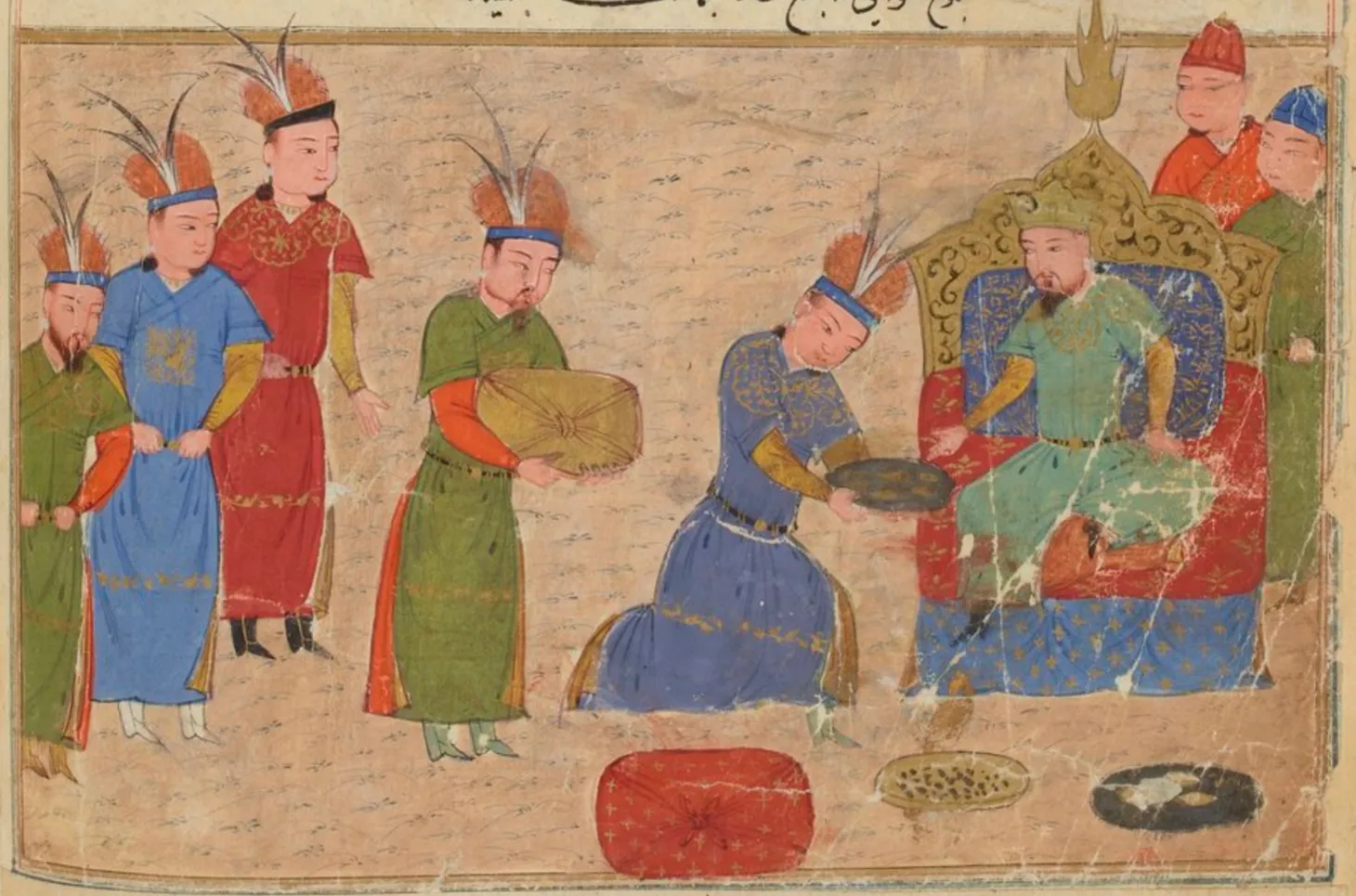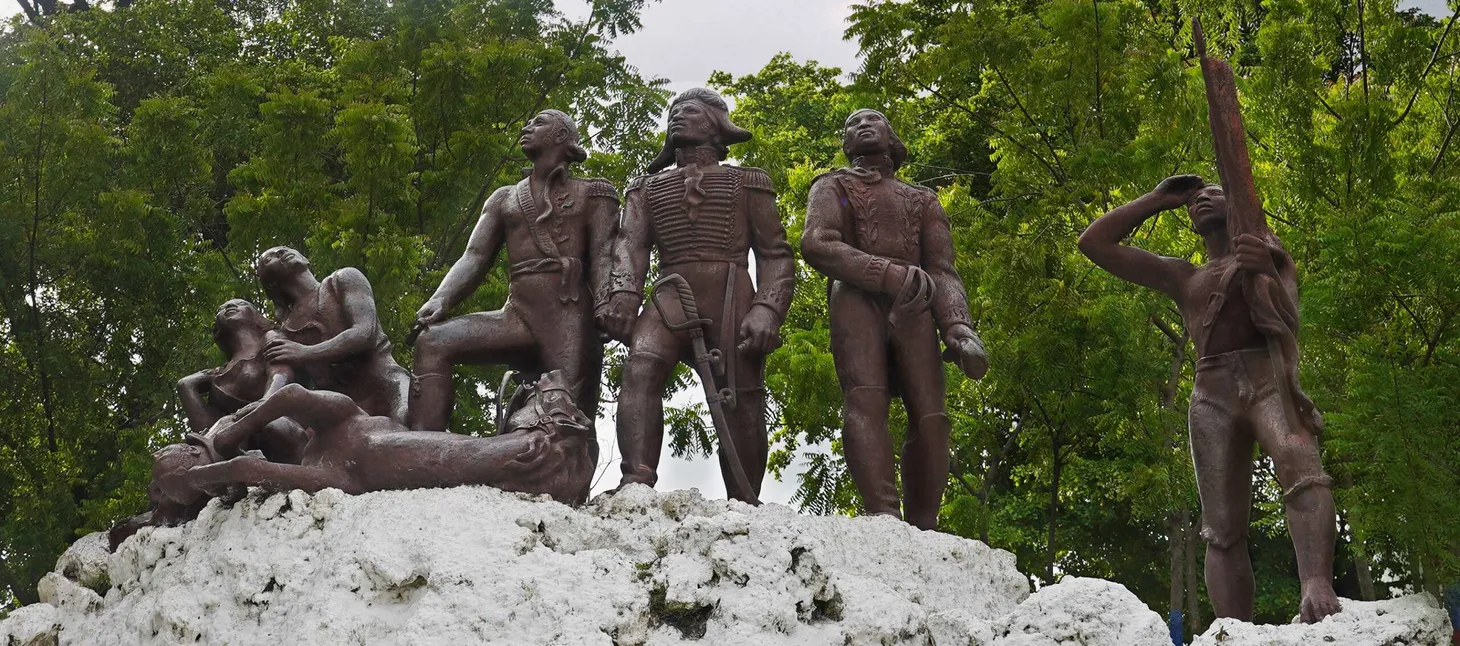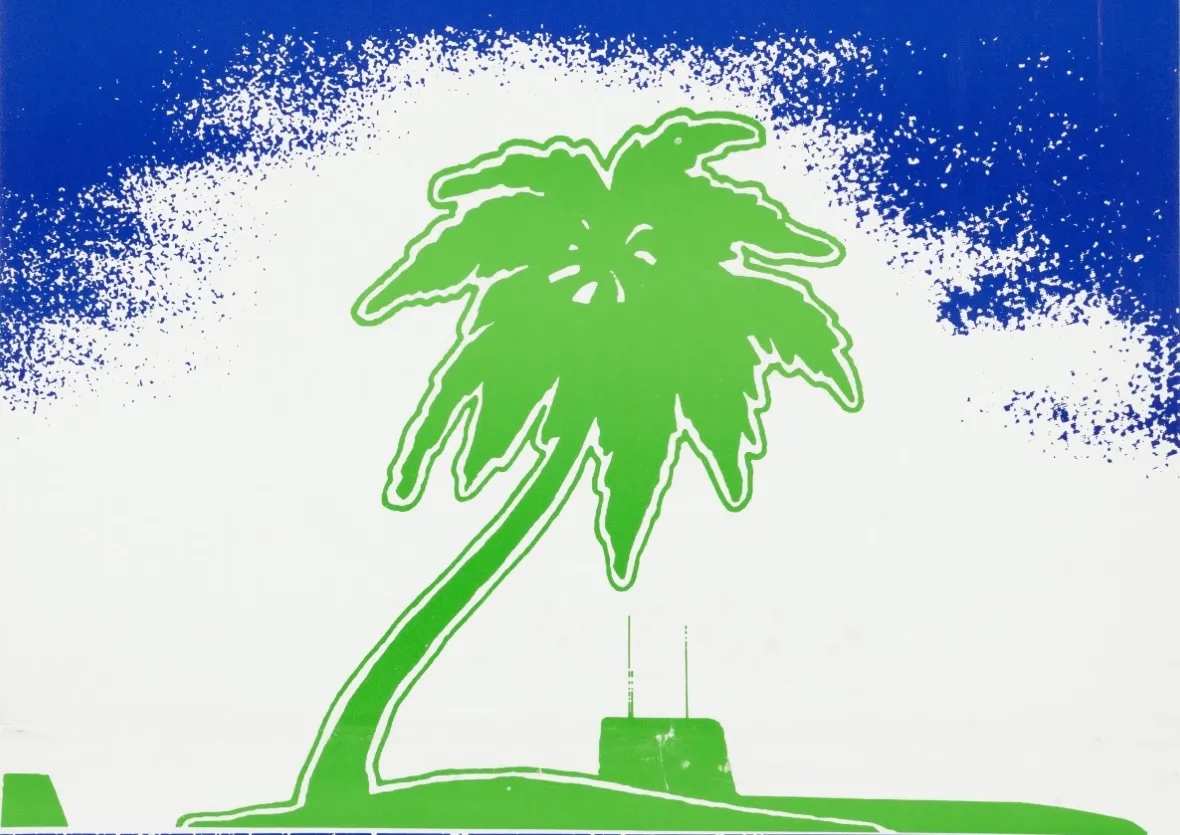“Ardently Desire the End of Colonialism”: Teaching Decolonization from 1955 to 1965
Discussion of how to teach decolonization from 1955 to 1965
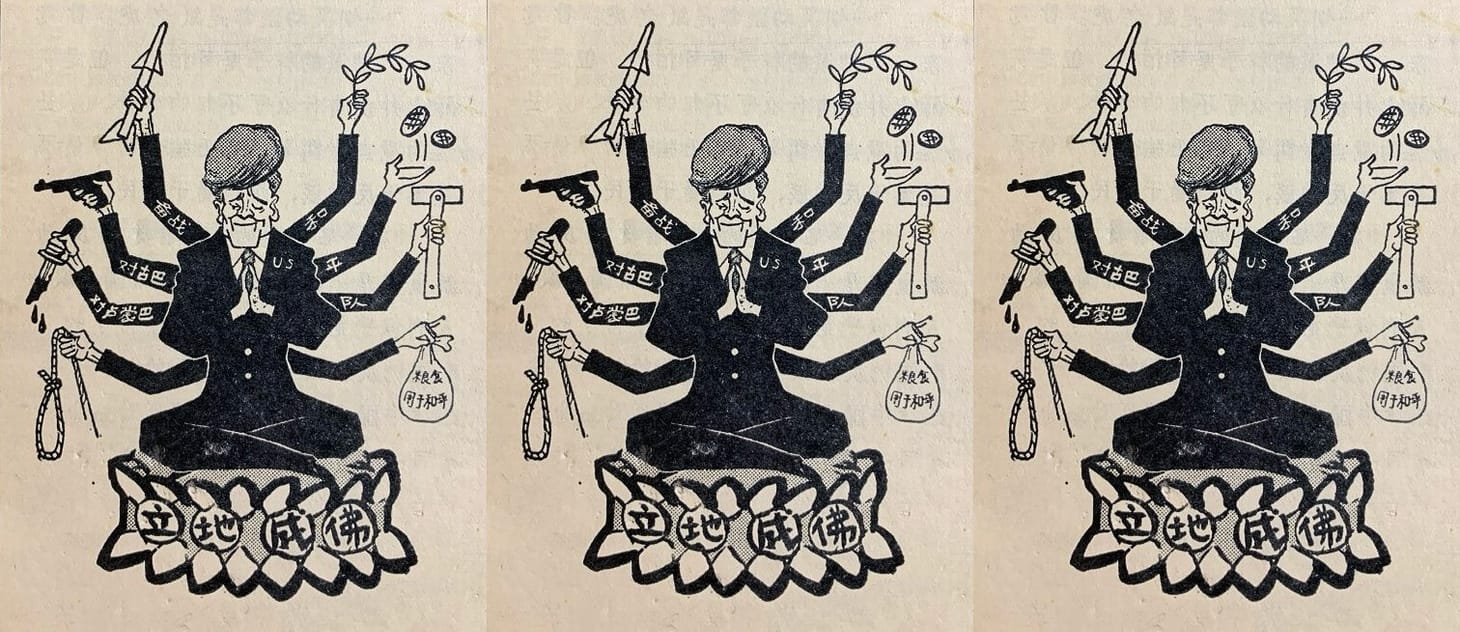
The decade from 1955 to 1965 was probably the high point for decolonization. During those ten years, the number of former colonies that gained independence increased substantially. Despite the relative success of many nationalist movements gaining independence from their former colonizers, it can sometimes be difficult for teachers and students to understand the second half of the twentieth century from a perspective other than a bipolar Cold War.
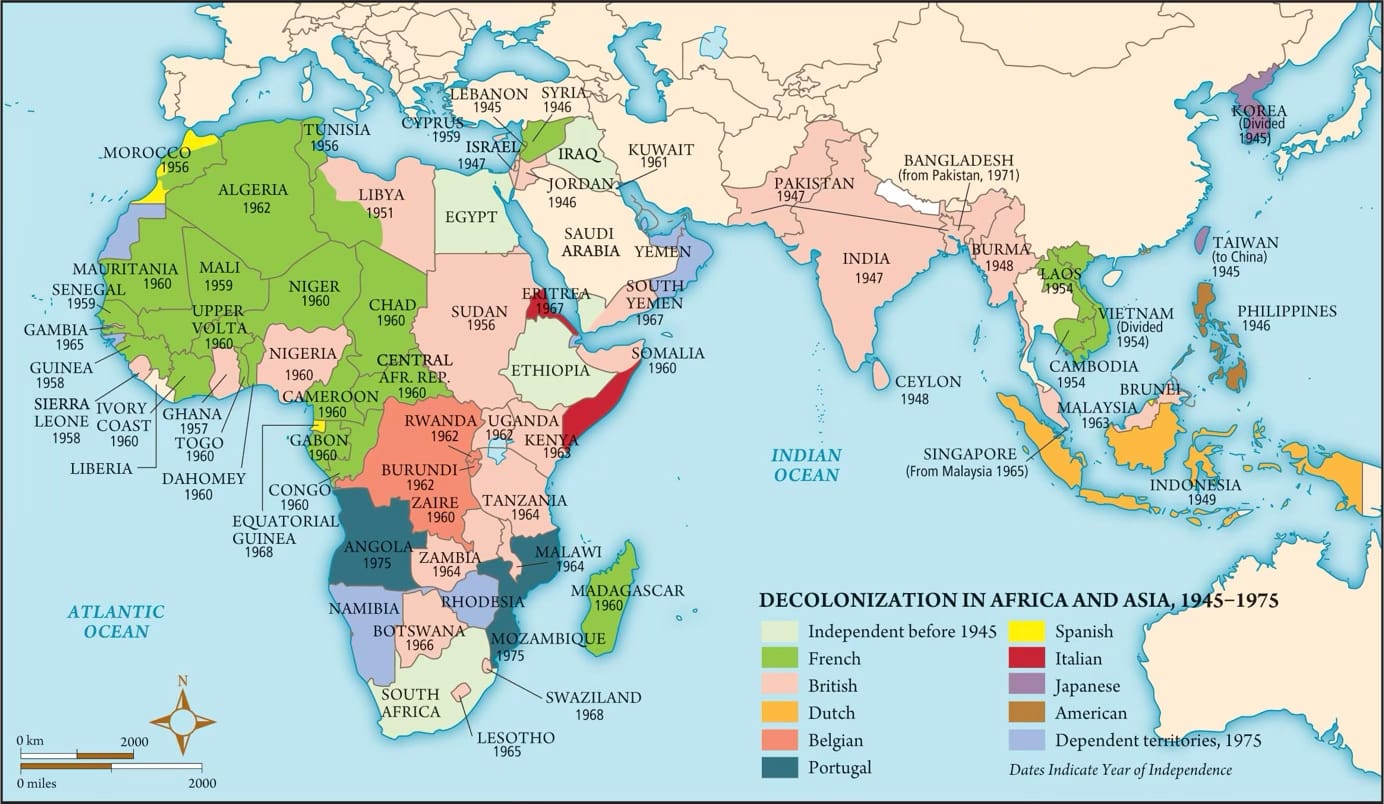
While the struggle between the Soviet Union and the United States significantly shaped the second half of the twentieth century, colonized and newly independent peoples also advocated their own vision for the world. Instead of teaching a few case studies of decolonization, we can have students explore how colonized and newly independent nations put forth their vision at the Bandung Afro-Asian Conference and the United Nations. We can also have students analyze how different groups saw the relationship between decolonization and the ideological struggle between capitalism and communism.
Delegitimizing Empire
This content is for Paid Members
Unlock full access to Liberating Narratives and see the entire library of members-only content.
SubscribeAlready have an account? Log in

